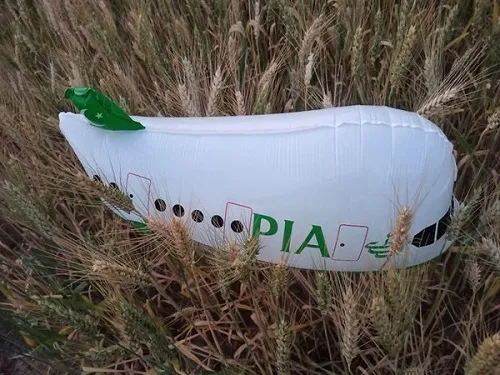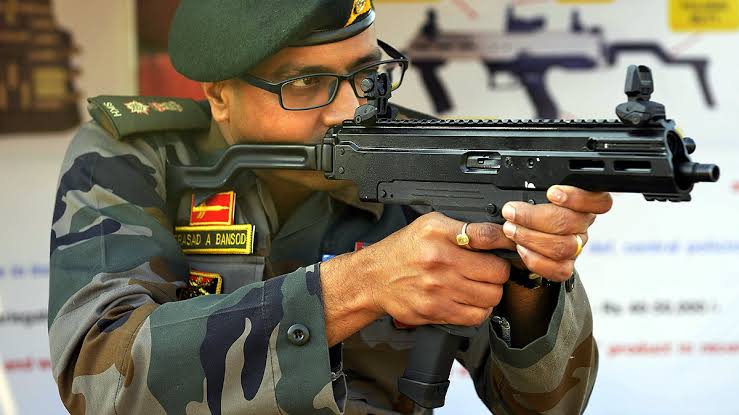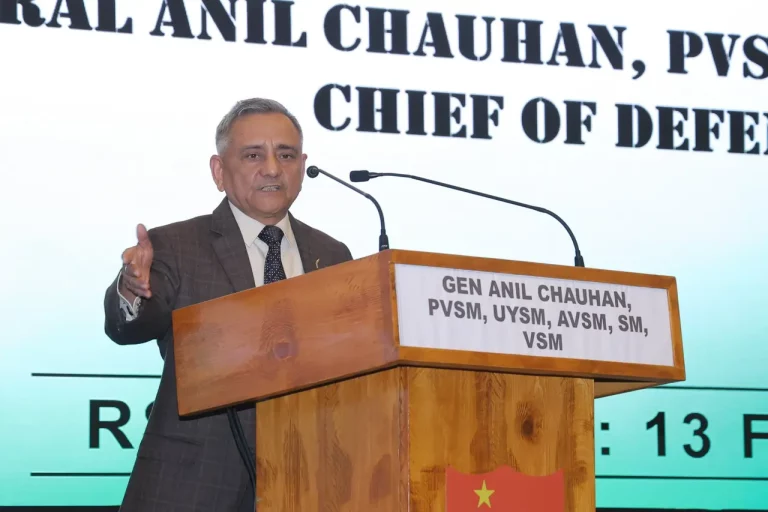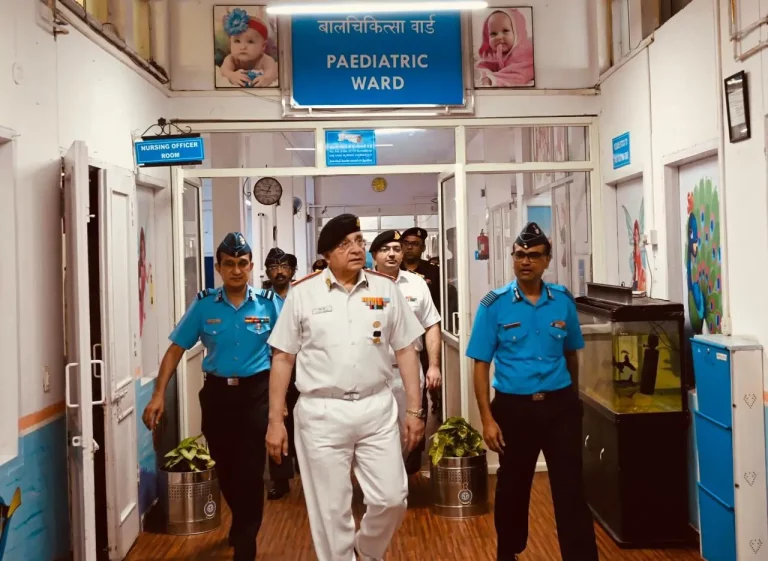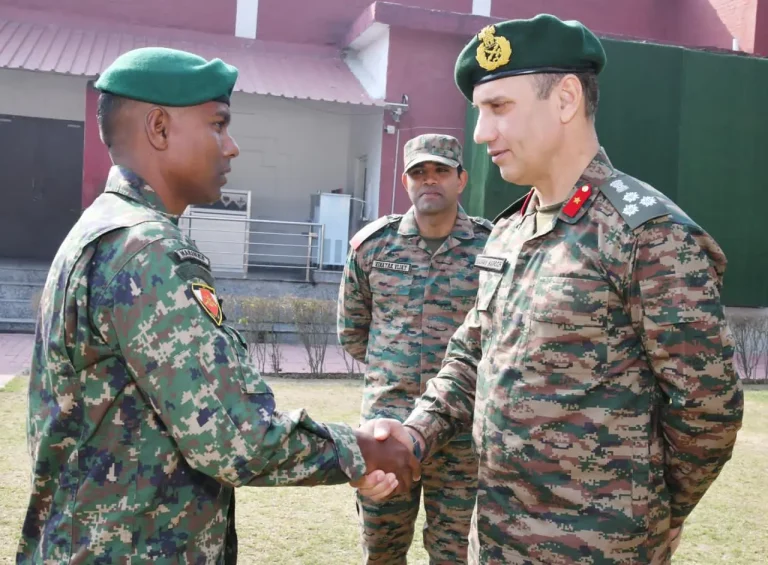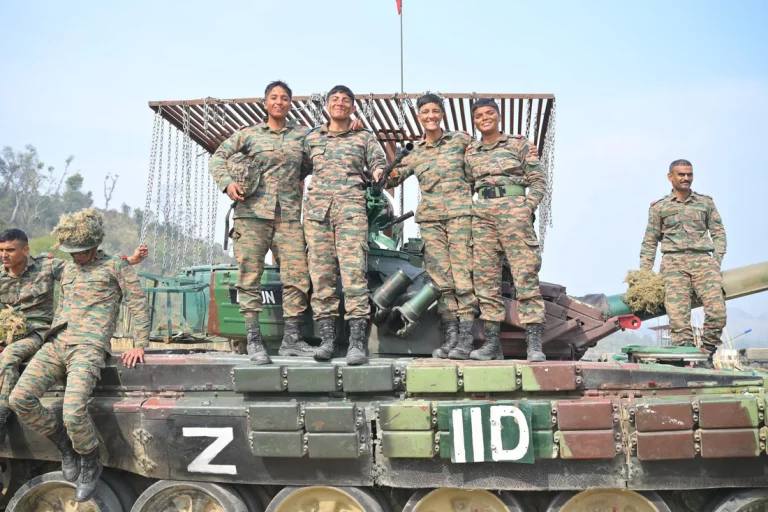In a groundbreaking advancement for gender representation within India’s paramilitary forces, the Central Industrial Security Force (CISF) has appointed four women officers to Inspector General (IG)-rank leadership positions. This historic move was announced recently, highlighting a notable shift in gender dynamics within the CISF, which now boasts the highest proportion of women at this senior level compared to any other armed forces in the country.
Among the eight IG-rank positions available in the CISF—split evenly between the Indian Police Service (IPS) officers and CISF cadre members—women now hold 50% of the posts designated for the CISF cadre. The appointed officers include IG Shanti Jaidev, responsible for the Eastern Sector; IG Neelima Rani, overseeing the Central Sector; IG Jyoti Sinha, in charge of security for the Department of Atomic Energy and the Department of Space; and IG Pratibha Aggarwal, director of Technology and Provisioning at the CISF headquarters.
The CISF has framed these appointments as part of India’s broader national agenda to empower women, emphasizing its commitment through the Nari Shakti initiative. A statement from the force declared that by promoting women to leadership positions, it is not just achieving a significant milestone but also fostering a movement toward genuine representation and enhanced participation of women in uniformed services.
Response to the appointments has been overwhelmingly positive from both current and former officials. A mid-level CISF officer underscored the critical role of IGs in managing sectors and frontiers, supported by Deputy IGs who handle day-to-day operations and make vital decisions. This officer remarked that the appointment of women from the CISF’s own cadre represents a remarkable achievement and is a progressive step forward.
Retired IPS officer Meeran Chadha Borwankar, recognized for her prior leadership roles including heading the Mumbai crime branch, characterized the appointments as a ripple of change in society. She emphasized the importance of visibility of women leaders across all fields, encouraging young girls to pursue their ambitions and prompting families to prioritize the education of girls.
The CISF, with a workforce exceeding 200,000 personnel, plays a crucial role in securing 359 critical installations throughout India. This encompasses a range of facilities, from airports and nuclear plants to oil refineries and key infrastructures located in border and insurgency-prone areas. The force is also tasked with safeguarding the Indian Parliament.
This latest development builds on the precedent set by the previous appointment of Nina Singh as the CISF’s Director General, making her the second woman ever to lead a central paramilitary force. The increasing visibility of women in high-security roles signals a transformative shift in India’s approach to gender inclusivity within its armed forces.

